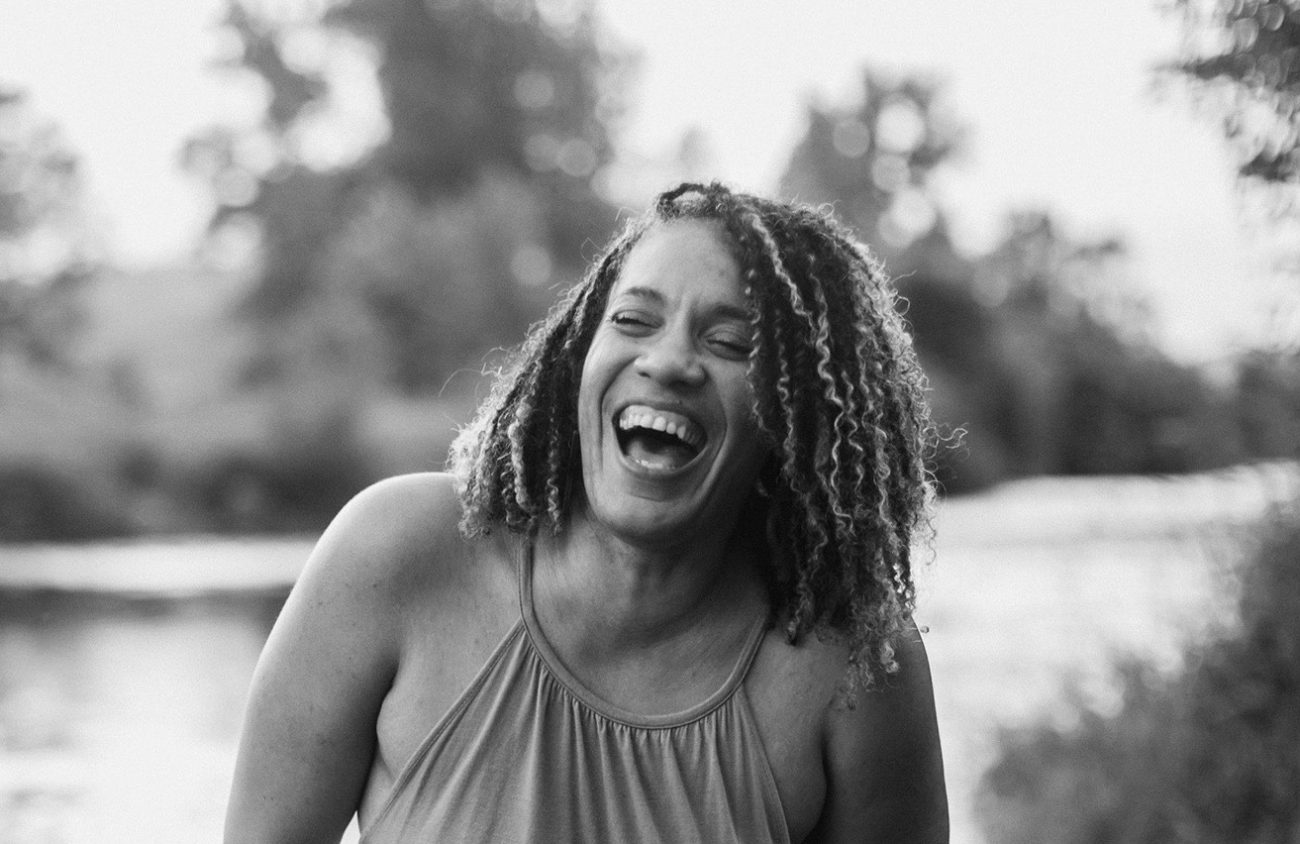The time of COVID — 2020, 2021 — was incredible for many many reasons. One poignant reason, I think we can agree on is loss: loss of income, loss of housing, loss of security, self assurance, mental health, loss of direction, loss of inspiration, loss of a loved one. Everywhere you look, there are more questions; even within the answers there are more questions. This is probably no different, to be honest.
Spiritually, it’s said that in order to grow or evolve you must let go. Let go of what no longer serves you. It’s a beautiful thought and expression. The reality is, the “let go” part comes down to acceptance. Accepting that you recognize the truth of where you are, and where you want to go, and most importantly what you do not need to continue to do, to reckon with, to face and — to let go. Seems reasonable.
The process is terrifying. To let go is to transform. When you change so dramatically, especially traumatically, you do not know what, who or how you will continue to “be.” A mental health crisis doesn’t always require CAHOOTS. It also doesn’t mean permanence or a diagnosis. A crisis is just that: a time of intense difficulty, trouble or danger, and is generally seen as negative. Change is hard. Transformation is complicated.
The truth is, experiencing the social construct of our realities — like race, social economic status, gender, family structure — all collides and melds into our collective conscience. Of course our coping skills vary, we all have different boats in the same storm. In other words, my loss is your loss. My oppression is your oppression, my houselessness is your houselessness.
This social transformation, this global crisis, weighs on our mental health. This crisis weighs on our senses as a whole. In the midst of such loss, can we allow space for each other? Inclusivity is not just a term for diversity, race and equity enthusiasts. It is human, without the false directive of social separation.
Can we give each other grace in this massive transformation we are globally and very personally experiencing? Suuuurrre — but harder yet, let us allow the space and time to be whatever we need to be in order to feel whole. Can we imagine what letting go of urgency may look like for ourselves, for our family, for our business, for our community? What if we all consider this forced transformation as a sort of mental revision that any of us could be trying to work through — at any given time? Can we acknowledge the courage it takes for each other to just show up to any table at this point?
This is different. Our lives have been touched by loss, either personally or we have witnessed it. The best way to “let go” is to recognize how to face what we’ve known to be true and pick up something necessary and new for all of us.
Ayisha Elliott’s podcast Black Girl From Eugene is raw and uncensored monologues and conversations about living while Black in the PNW. Listen locally at 11 am Sundays on FB Live; simulcast on KEPW 97.3 FM. Audio found on all major podcasting platforms.
